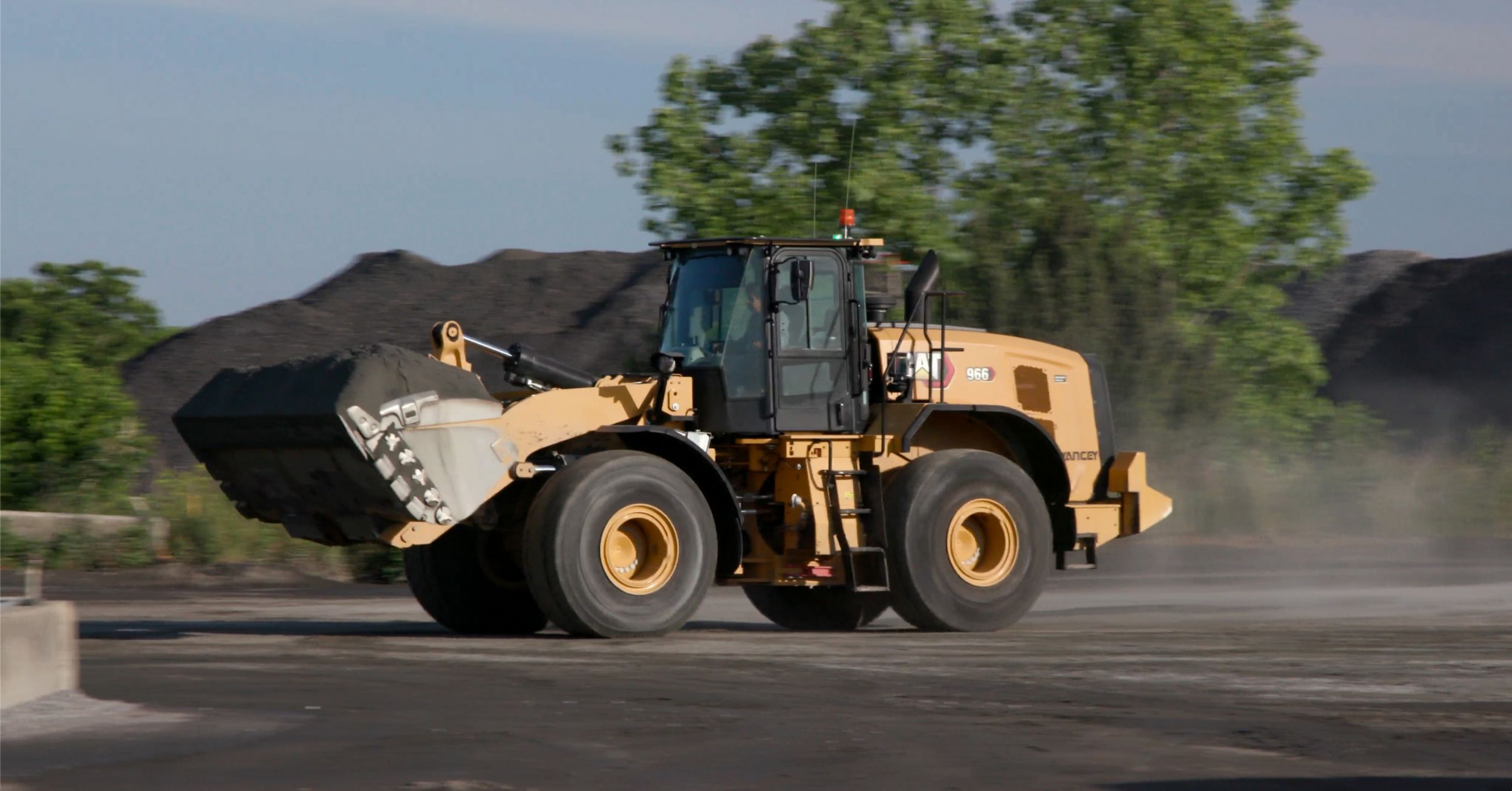In this blog post, we explore the road legality of wheel loaders and discuss the top speeds of common compact and midsize loaders, providing valuable insights for small business owners in Alberta looking to optimize their heavy equipment rental operations.
Introduction
When it comes to operating wheel loaders, many small business owners who rent heavy equipment in Alberta may wonder if these machines are road legal. The ability to drive wheel loaders on public roads can significantly impact transportation efficiency between job sites. In this blog post, we will address the question of road legality and delve into the top speeds of standard compact and midsize loaders.
Are Wheel Loaders Road Legal? The good news is that most wheel loaders are legal for all roads except major highways that prohibit slow-moving vehicles. However, specific requirements and considerations must be met to ensure compliance with road regulations and safety standards.
Essential Road Legal Features
Before taking a wheel loader on the road, there are essential features to check and consider. These include:
- Four-Way Flashers and Hazard Signs: These are necessary for safety and visibility, indicating to other drivers that the vehicle is moving slowly.
- Beacon Light and Signal Lights: While not always required, having beacon and signal lights can enhance safety and alert other road users.
- Brake Lights: Though not mandatory, having brake lights can improve visibility and indicate when the wheel loader is slowing down or coming to a stop.
Speed Limits and Travel Speeds
Wheel loaders come with varying travel speeds, and it’s essential to select the correct loader based on the required travel distances between job sites.
Here are some top speeds for common compact and midsize loaders:
- Wacker Neuson WL 30: This compact loader has two speeds, with a top travel speed of 19 km/h (12.4 mph). It provides agility and maneuverability for smaller-scale projects.
- Kubota R630: Equipped with a hydrostatic transmission and four-speed ranges, this loader has a top speed of 20 km/h (12.5 mph). The larger tires on the Kubota R630 offer a smoother ride compared to smaller-tired loaders.
- Case 321F: The standard model of this compact loader features two speeds, but an optional high-speed version is available. The high-speed option reaches a maximum speed of 33 km/h (20.6 mph). Its 20-inch tires contribute to a comfortable ride, and the ride control system helps to absorb bumps even at high speeds.
- Case 721F: This midsize loader has a four-speed transmission with a top speed of 38 km/h (23.6 mph). The Case 721F offers increased power and efficiency for large-scale projects.
Conclusion: In Alberta, wheel loaders are generally road legal for use on public roads, excluding major highways. To ensure compliance with road regulations, wheel loaders should have essential features such as four-way flashers, hazard signs, beacon lights, and signal lights. When selecting a wheel loader, it’s crucial to consider the required travel distances between job sites and choose a model with an appropriate travel speed. By adhering to legal road requirements and selecting the right equipment, small business owners can enhance their transportation efficiency and contribute to the growth of their businesses.
Always check local regulations and consult with relevant authorities to ensure compliance with specific road laws in your area.

